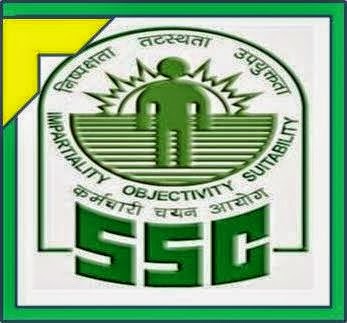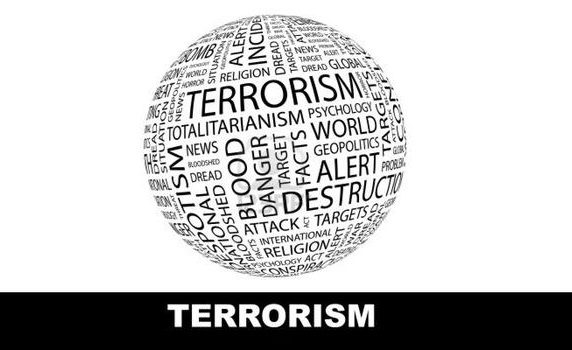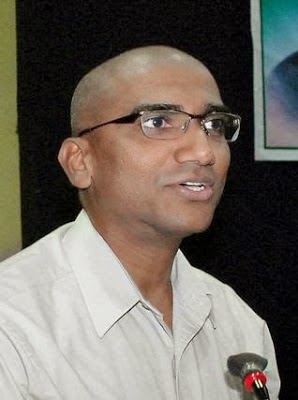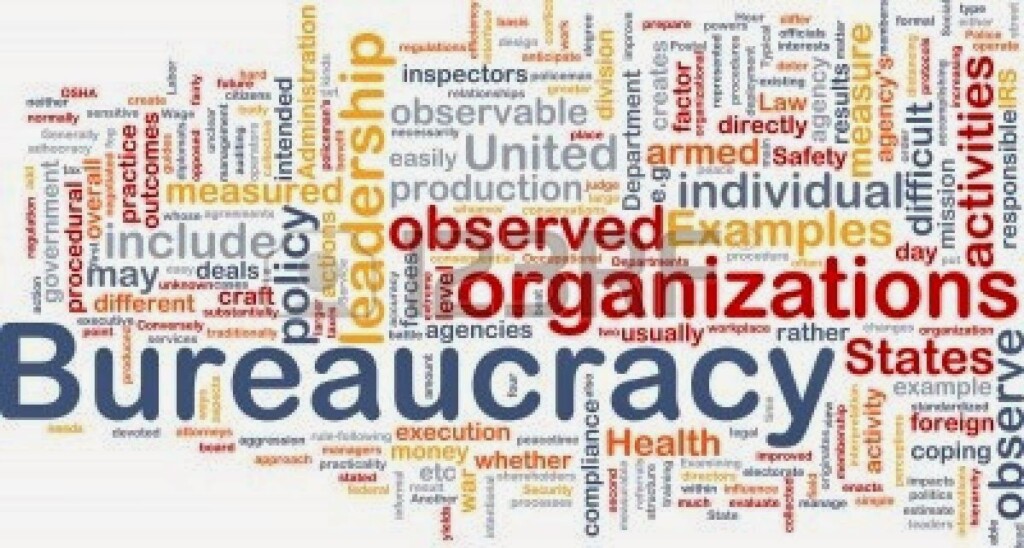TERRORISM : A Crime
Terrorism means using violence and dangerous methods to cause destruction. It is not only a threat to India but also too many countries. These acts directly impacts on country’s social image and also harm it economically.
Types of Terrorism:
There are basically two types of terrorism in India as social and religious terrorism. This creates a lots of instability among the environment and among the people of country. This forced poor people to do nuisance activity for money and the reason behind this is unemployment and illiteracy. People kill other people without any reason and generally poor people are killed mostly.
The reasons for becoming terrorists are:
The surroundings in which they live, Religious feelings, Unemployed situation, Family related problem, Lack of social awareness, political mind, Lack of education, Lack of social responsibilities, Lack of unity. People in need for money due to unemployment or some financial crises usually resort to such means to earn quick money. They are unaware of the consequences of these activities that they perform, because they are mostly illiterate. Terrorist attacks usually occur on the basis of religion or politics. It takes away the lives of many poor individuals and will also destroy many man-made and natural structures. Nobody is born terrorist. Situation around him makes him to do so.
Their motives of terrorist attack are:
Destruction, Revenge, Releasing captives, for political demands, To get control over a place like Jammu and Kashmir, To get worldly pleasures.
How to stop them from terrorist attack:
Increasing defense system, improving educational facilities, Improving employment, Destroying terrorist organizations, Stop Corruption, Should understand religion and work with Unity, Punish the guilty immediately instead of spending funds on their security (because our nation can grow with the help of this money).
Some social responsibilities:
If we follow these guideline we can support in a battle against terrorism. CCTV Camera, Responsibility towards society, Good governance, Equality between all groups, High alerts.







